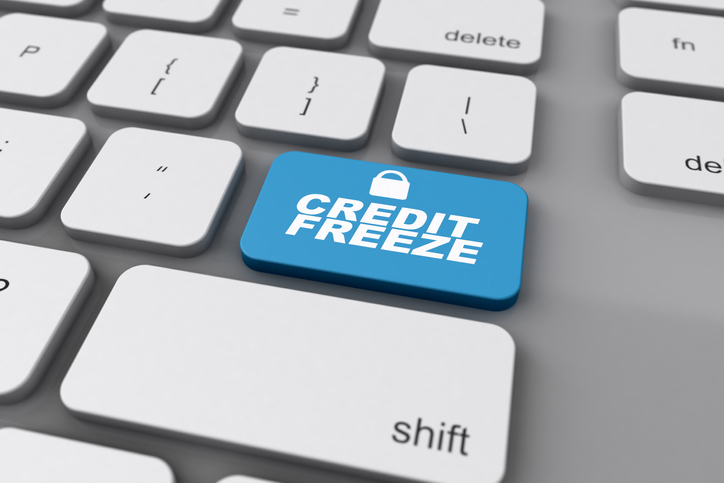Credit freezes have become an essential tool in safeguarding your identity and protecting yourself from fraudsters. Unlike credit monitoring services, which are reactive, a credit freeze takes a proactive approach to prevent fraudulent applications for credit in your name. Let’s dive into how a credit freeze works and why it is a crucial step in securing your financial well-being.
Why Credit Freezes Matter
With the increasing frequency of data breaches, credit monitoring services have gained popularity and have branched out to serve the public. However, credit freezes offer a more robust and effective solution. When a fraudster attempts to apply for credit using your personal information, the creditor typically checks your credit report to evaluate your eligibility.
But, if you have a credit freeze in place, access to your credit report is restricted, even for lenders. Your credit report can only be viewed during periods you choose, giving you control over who can access your information.
Personal Experience Reinforces the Importance of Credit Freezes
Financial planners routinely recommend credit freezes to their clients, and one incident highlighted their value. While our Spokane financial planners recommend credit freezes to clients routinely, their value was reinforced tenfold when one planner received an unexpected phone call from a local bank. The bank stated that their loan was ready to proceed but required the credit freeze to be lifted for a credit report check. The planner hadn’t applied for a loan, and it became clear that a fraudster had obtained their personal information. Fortunately, the credit freeze prevented the fraudster from succeeding, as only the planner could lift the freeze.
How to Freeze Your Credit
To freeze your credit effectively, you’ll need to contact each of the three major credit bureaus: Equifax, Experian, and TransUnion. The process can be completed online or over the phone, with the online option generally being easier and faster. During the process, you’ll be asked some identity verification questions, which take only a few minutes to answer. Use the following phone numbers and links to initiate a credit freeze:
- Equifax: (866) 349-5191
- Experian: (888) 397-3742
- TransUnion: (888) 909-8872
Temporary Lifts and Unfreezing Your Credit
Occasionally, you may need to temporarily lift your credit freeze, such as when applying for a car loan or credit card. In such cases, you must contact the relevant credit bureau, provide your PIN (issued during registration), and specify the time frame for the freeze to be lifted. This can also be done online or over the phone. Keep in mind that it may take a few days for the freeze to be lifted, so plan accordingly and allow enough time.
Beware of Credit Monitoring Pitfalls
While credit monitoring services can complement credit freezes, it’s crucial to be aware of potential pitfalls. Many credit monitoring businesses and even credit bureaus themselves will attempt to upsell you on additional services. Understanding the differences between credit alerts, credit locks, and credit freezes is vital:
- Credit Alerts: These services, typically subscription-based, notify you if your identity has already been stolen and used. While not inherently bad, credit alerts are reactive rather than proactive. Additionally, credit alerts come with a price tag, unlike the entirely free credit freeze tool.
- Credit Locks: Despite similar names, credit locks are not the same as credit freezes. Some vendors may require you to remove your credit freeze to enable a credit lock. Credit locks are usually part of paid product packages, while freezing your credit is a free service. Pay attention to these distinctions as you navigate the credit freeze process.
Regularly Check Your Credit
In addition to credit freezes, it’s crucial to stay vigilant by reviewing your credit reports annually. You have the right to receive a free credit report from each of the three credit bureaus every year. Visit AnnualCreditReport.com to access your reports. While the report does not include your credit score, banks and credit card companies typically offer free credit scores to customers through their online account access portals. Regularly checking your credit allows you to identify any unusual activity, such as new accounts, changes to personal information, or unrecognized inquiries from lenders.
In Conclusion
Credit monitoring services offer value and peace of mind, but they are reactive in nature. To proactively protect yourself from fraudulent activity, credit freezes are a critical tool provided by the three major credit bureaus. By freezing your credit, you take control of who can access your credit report and prevent unauthorized applications for credit in your name. Make sure to initiate a credit freeze with each credit bureau and be cautious of misleading offers from credit monitoring businesses. Stay informed and regularly review your credit reports for optimal identity security.

